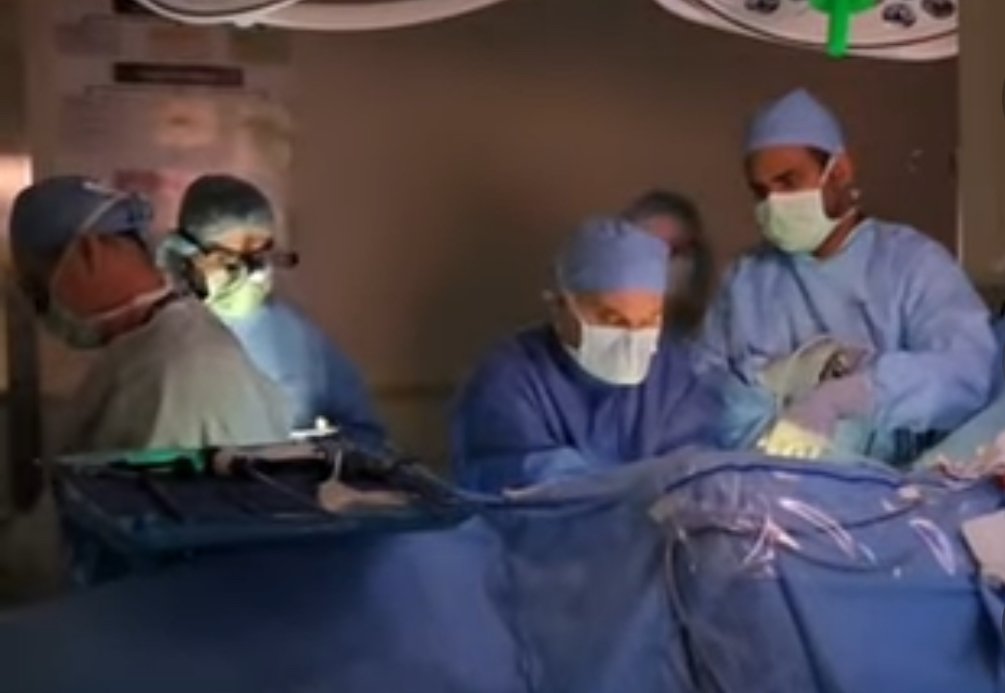Greater Noida (World Desk): When a 61-year-old man in Massachusetts, USA got a kidney transplant, he thought that now his troubles would end. But within a few weeks his condition started deteriorating. He reached the hospital again with problems of fatigue, nausea, vomiting, excessive thirst and frequent urination.
According to the case report published in the New England Journal of Medicine, the patient’s condition gradually became critical. The oxygen level in his blood started decreasing and the lungs started filling with fluid. Doctors immediately installed a feeding tube, but despite this, the oxygen and blood pressure continued to fall. Ultimately the patient had to be admitted to the ICU.
Trying to find out the cause
Doctors at Mass General Hospital started an in-depth investigation to understand the patient’s critical condition. The patient’s wife was contacted and information was also sought from the regional organ-procurement organization (OPO) that provided the kidney.
The patient’s lab reports were analyzed considering the possibility of infection. The report showed an elevated number of eosinophils, which is commonly seen in parasitic infections. The patient also had a reddish-purple papular rash on his abdomen.
Dr. Camille Cotton, clinical director of the hospital’s Department of Transplant and ImmunocompromisedInfectious Diseases, analysed the patient’s symptoms and suspected a parasite called Strongyloides, a roundworm that infects the digestive tract.
Confirmation of infection and donor’s role
Tests revealed that the organ the patient received came from a person who was from the Caribbean region – where Strongyloides is common. The donor’s old blood samples showed antibodies against the parasite, while the recipient’s pre-transplant samples did not.
It was clear – the infection came from the donor. Larvae of the parasite were found in the patient’s lungs and stool.
Treatment with Ivermectin and the condition of the recipient of the second kidney
To save the patient’s life, a drug called Ivermectin was given to him subcutaneously with special permission from the FDA. The treatment was successful and the patient slowly started recovering.
But then another shocking news came – the second patient who received the second kidney from the same donor was also seriously ill. Both the doctors shared the information and after quick treatment, the second patient also recovered.
Policy change: Caution needed in future
This incident shook the United Network for Organ Sharing (UNOS). After this, the organization recommended universal screening of organ donors for Strongyloides, so that no patient has to face such a life-threatening situation in future. This case of kidney transplant once again taught the medical world how important it is to conduct a thorough and comprehensive screening of organ donors. The patient’s life was saved due to the timely understanding of the doctors and scientific treatment, but this story has become a serious warning for others.









